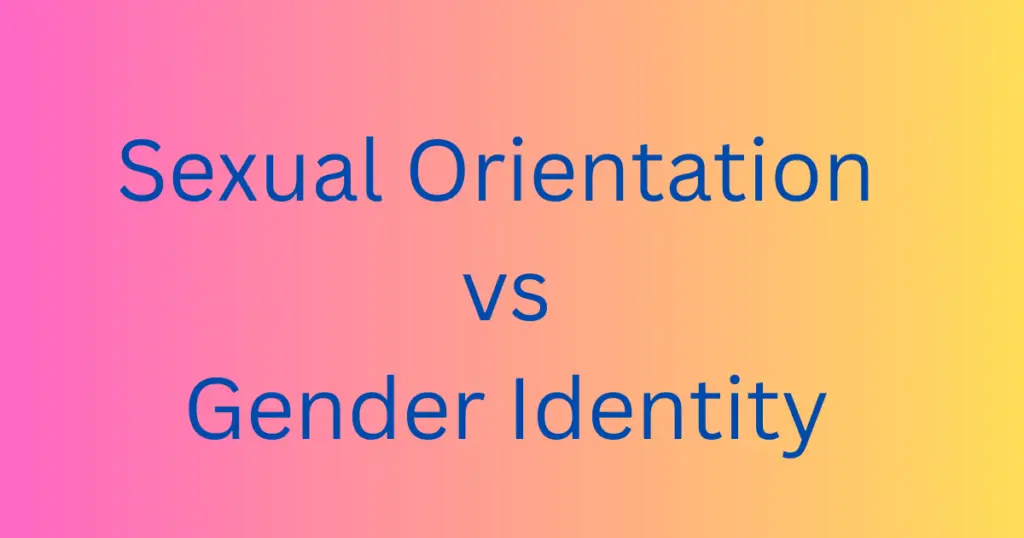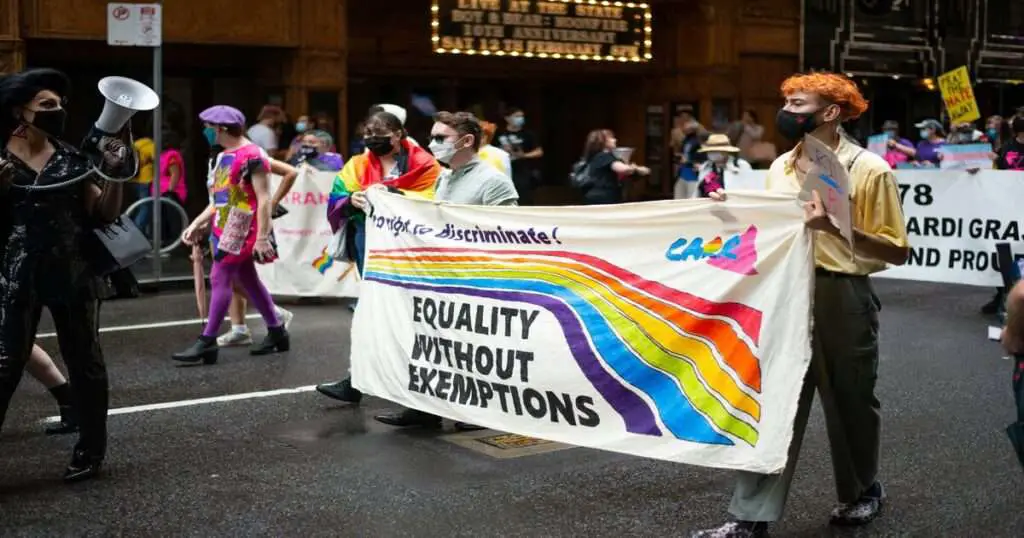It’s natural for parents to be concerned about their child’s sexual orientation, especially if they suspect that their son might be gay. As a parent, you want your child to grow up feeling accepted and loved for who they are. However, talking about sexuality can be a difficult topic for both parents and children. We’ll discuss signs that may suggest your son is gay and how to approach the topic in a supportive and understanding manner.

Note: The content below is not intended to label or stereotype individuals and their sexual orientation. Rather, it aims to guide parents who may have questions about their child’s sexuality. Queer Together, our website, provides resources and support for LGBTQIA+ individuals and their families.
So, Is My Son Gay? Let’s Start with the Signs
As a parent, you may wonder if your son is gay due to certain behaviors or interests they have. While these signs are not confirmation of anyone’s sexual orientation, they can help you start a dialogue and understand your child better. Some common signs that your son may be gay include:
- Showing little interest in girls: If your son is at an age where most of his peers are talking about crushes and dating, but he seems uninterested, it could be a sign that he’s not attracted to girls.
- Showing interest in typically feminine activities or hobbies: Again, this doesn’t automatically mean your son is gay, but it can indicate that he may not conform to traditional gender roles and expectations.
- Having close friendships with other boys: It’s normal for children to have best friends of the same gender, but if your son seems particularly attached or emotionally connected to his male friends, it could be a sign that he’s exploring his sexuality.
- Being bullied or teased for being “different”: Unfortunately, many LGBTQ+ individuals face discrimination and bullying due to their sexual orientation or gender identity. If your son has been a victim of these types of attacks, consider talking to him about it and offer support.
- Showing interest in LGBTQ+ issues: Does your son seem passionate about LGBTQIA+ rights and equality? This could be an indication that he identifies as part of the community himself. Again, you must not jump to conclusions; have an open and honest conversation with your child.
Talking to Your Son about Sexuality
If you notice any of these signs, you shouldn’t assume or label your child’s sexual orientation. Remember that every individual is unique and may have their own journey when it comes to discovering their sexuality. Approach the topic with sensitivity and support. Here are some tips for talking to your son about sexuality:
Choose a Private Setting
Due to the sensitive nature of the topic, have this conversation in a private setting where your son feels comfortable and safe. This could be in his room, over a walk outside, or even during a car ride. Avoid bringing up the topic in public or around other family members. You don’t want your son to feel embarrassed or pressured. You should also choose a time when you both are relaxed and not in the middle of an argument or stressful situation. That way, your son will be more likely to open up and share his thoughts and feelings with you.
Listen Without Judgement
When talking to your son about sexuality, listen without judgment. Let him know that you love and accept him regardless of his sexual orientation. If he does tell you he’s gay or questioning his sexuality, do not react negatively or dismissively. This can be extremely damaging and may cause your child to withdraw and not open up in the future. Instead, listen to what he has to say and let him lead the conversation. Let him know that you’re there to support and understand him, no matter what.
Validate His Feelings
Validating your child’s feelings and experiences is very important. If he tells you he thinks he might be gay, don’t brush it off or tell him it’s just a phase. This invalidates his emotions and can cause him to feel misunderstood and unsupported. Instead, let him know that his feelings are valid and that you’re proud of him for being honest and open with you. Sometimes, all a child needs is validation and acceptance from their parents. When faced with discrimination and societal expectations, your love and support can make a significant difference.
Educate Yourself
As a parent, you may not have all the answers about sexuality. That’s okay! Educate yourself by reading books and articles, watching documentaries, and talking to other parents or LGBTQIA+ individuals. This will help you understand your child’s experience better and equip you with the knowledge to support them in their journey. When talking to your child, you can also ask them questions and listen to their perspective. This will not only show that you care but also help you learn more about the LGBTQIA+ community.
Seek Professional Help If Needed
If you’re struggling to understand your child’s sexuality or need support yourself, don’t hesitate to seek professional help. There are therapists and support groups available that specialize in LGBTQIA+ issues and can provide guidance and resources for both you and your child. Remember, it’s okay to not have all the answers and ask for help. Your child’s well-being is the most important thing, and seeking professional support can be a beneficial step in supporting them.
Why Is My Son Gay?
The “is my son gay?” question often stems from a lack of understanding or fear of the unknown. Many people believe that being gay is a choice, but research has shown that sexual orientation is not something an individual can simply choose or change. Your child’s sexual orientation is not a reflection of your parenting and does not make them any less valuable as a person.
Instead, focus on loving and supporting your child for who they are and celebrate their uniqueness. Remember, being gay is not a problem or something that needs to be fixed; it’s simply a part of who your child is. Embrace their identity and let them know that you’re proud of them no matter what.
Final Thoughts
Parenting a child who is questioning their sexuality can be challenging, but it’s also an opportunity to show love and support powerfully. Remember to not assume or label your child, and instead have open and honest conversations with them. Educate yourself about LGBTQIA+ issues and provide a safe and accepting environment for your child to explore themselves.
Most importantly, love and accept your child for who they are, no matter what their sexual orientation may be. Your support can make all the difference in their journey of self-discovery and acceptance. Let your child know that you’re there for them, and they can always come to you with any questions or concerns.



